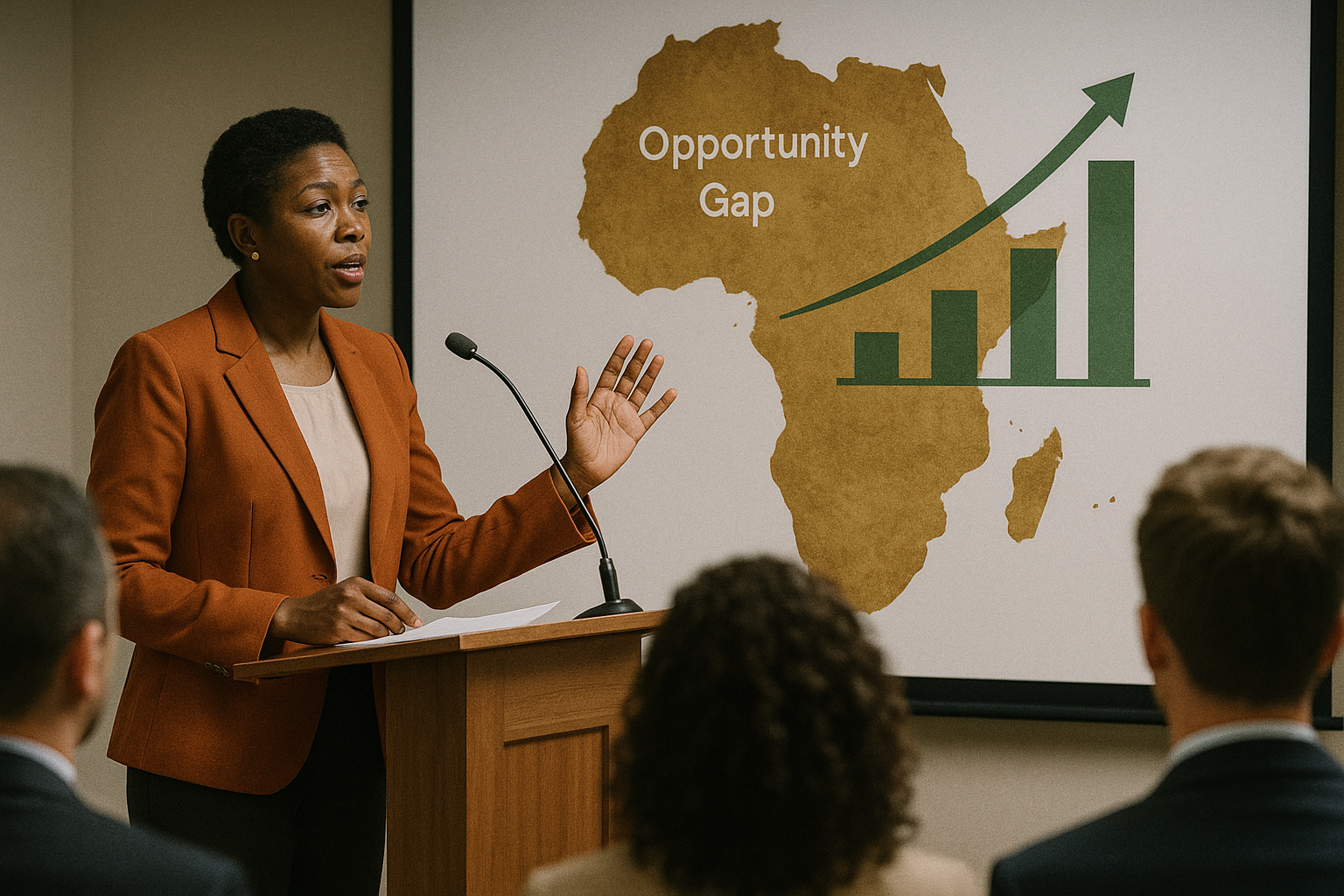The Equity Dividend: How Strategic Spending Can Narrow Africa’s Opportunity Gap
The report Public Spending and Inclusive Growth in Africa by AfDB, UNECA, and the World Bank reveals that while public expenditure in Africa is rising, inefficiencies and poor governance hinder its inclusiveness. It urges fiscal reforms, better governance, and targeted investments in education, health, and infrastructure to turn budgets into engines of equitable growth.

The report Public Spending and Inclusive Growth in Africa, jointly researched by the African Development Bank (AfDB), United Nations Economic Commission for Africa (UNECA), and the World Bank, explores how fiscal policy can become a cornerstone for equitable and sustainable development across the continent. It presents public spending as far more than a budgetary exercise, rather, as a powerful instrument to reshape opportunity, strengthen human capital, and stimulate inclusive economic transformation. Against the backdrop of Africa's booming population, rapid urbanization, and persistent inequality, the study argues that how governments spend matters as much as how much they spend.
The Paradox of Rising Budgets and Deep Inequality
Despite the steady increase in public spending, averaging about 30 percent of GDP across African economies, poverty and inequality remain stubbornly high. The report attributes this paradox to misallocation and inefficiency. Large portions of public budgets are absorbed by salaries, subsidies, and administrative overheads, leaving limited resources for transformative sectors such as education, healthcare, and infrastructure. The study cautions that without a shift in priorities, fiscal expansion could entrench disparities instead of reducing them.
Education: The Foundation of Inclusive Growth
Education receives a significant share of public budgets, often between four and six percent of GDP. Yet the results are underwhelming. Learning outcomes remain low, especially in rural areas, due to weak infrastructure, teacher absenteeism, and imbalanced spending that favors higher education over primary and vocational training. The report recommends adopting performance-based financing models, targeting underprivileged regions, and prioritizing foundational learning to close inequality gaps. It also emphasizes that well-directed education spending can create a generation capable of driving technological and economic progress across the continent.
Health Systems and the Challenge of Efficiency
The study paints a similar picture in the health sector. While governments have pledged greater investment, underfunding and inefficiency persist. Fragmented procurement systems, leakage of funds, and insufficient oversight weaken service delivery. As a result, millions still lack access to basic healthcare. The report calls for expanding universal health coverage, improving primary healthcare systems, and integrating health financing with digital monitoring tools to ensure accountability. It stresses that equitable health spending not only saves lives but also enhances productivity and social cohesion.
Fiscal Choices, Debt Pressures, and Governance
The link between fiscal policy and inclusive growth depends on both the composition of spending and the quality of governance. Investments in transport, energy, and digital infrastructure can unleash enormous economic benefits, particularly for rural populations. However, many African countries are financing such investments through costly external borrowing, resulting in rising debt vulnerabilities and reduced fiscal space for social sectors. The report urges governments to balance growth ambitions with debt sustainability by strengthening tax systems, cutting inefficient subsidies, and enforcing sound debt management. Governance, it argues, is the decisive factor; countries with similar spending levels achieve different outcomes depending on transparency, procurement integrity, and institutional strength.
Pathways to Inclusive Prosperity
Drawing on case studies from Rwanda, Ghana, Kenya, and Ethiopia, the report highlights reforms that have successfully linked public spending with inclusivity. Rwanda's performance-based budgeting has improved education and healthcare delivery, while Ghana's LEAP cash transfer program shows that targeted social protection can reduce extreme poverty. Kenya's decentralization efforts demonstrate that empowering local governments enhances service delivery and regional equity. Building on these lessons, the report proposes a policy roadmap that includes reprioritizing expenditure toward human capital and rural infrastructure, improving public financial management, and institutionalizing gender-responsive and transparent budgeting.
Public Spending and Inclusive Growth in Africa delivers both a warning and a vision. The warning is clear: rising budgets without reform risk deepening inequality. The vision is equally powerful: with disciplined fiscal management, inclusive budgeting, and accountable governance, Africa can transform its fiscal systems into engines of shared prosperity. The report insists that the future of African growth depends not merely on how fast economies expand, but on whether that growth is broad-based and fair, benefiting every citizen, not just the privileged few.
- FIRST PUBLISHED IN:
- Devdiscourse
ALSO READ
-
AfDB Strengthens Strategic Partnership with Algeria to Drive Development Goals
-
AfDB, Equatorial Guinea Sign €58.6M Deal to Boost Youth Skills and Jobs
-
AfDB Backs Namibia’s Revenue Reforms, Boosting Tax Collection by 67%
-
African Development Bank Strengthens Ties with Congo Ahead of 2026 Annual Meetings
-
AfDB Approves $14.5 M to Power Zambia’s Renewable Future with New Solar Plant









